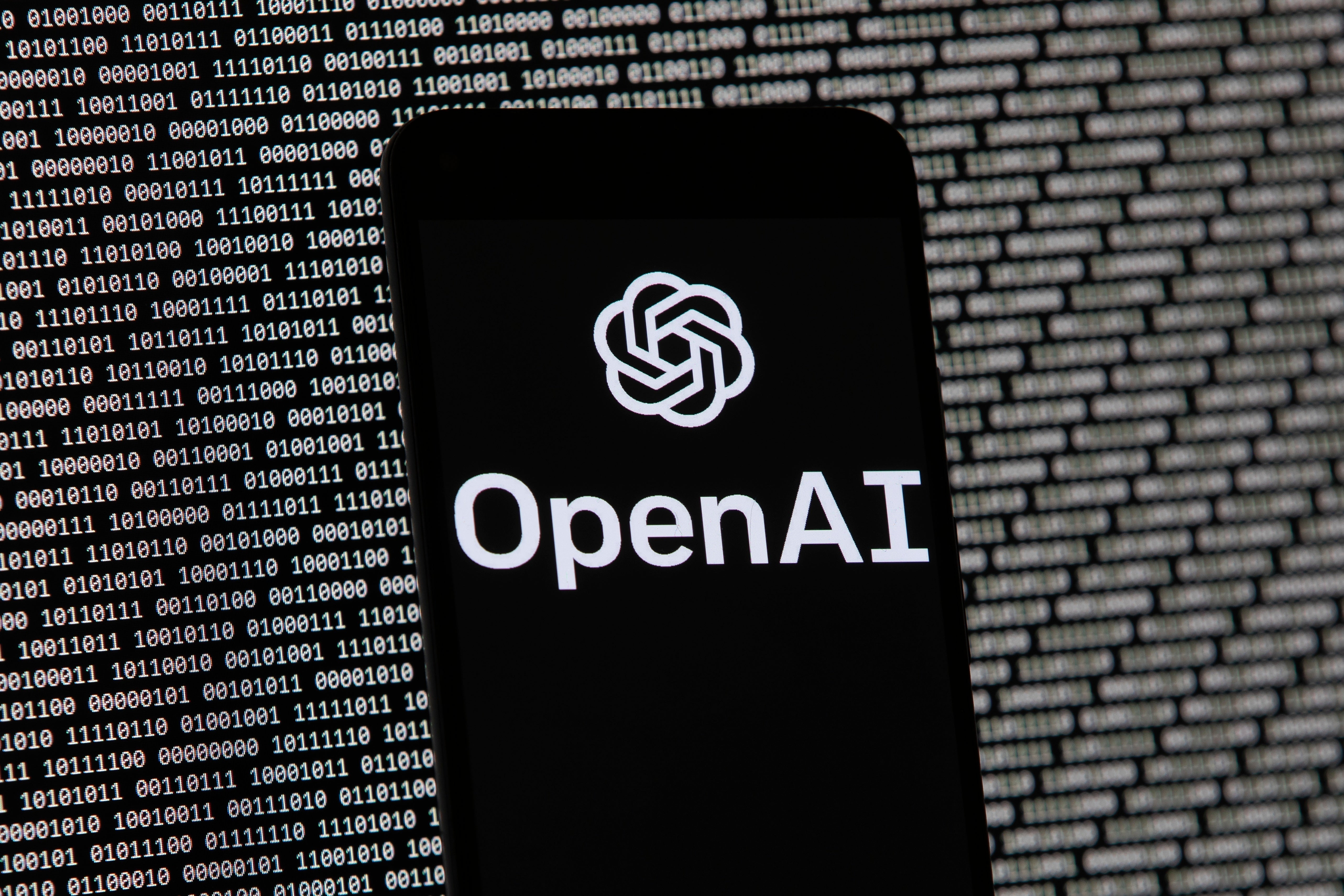ChatGPT creator OpenAI release new product to take on Google – and it has already made a mistake
‘SearchGPT’ aims to offer real-time information

OpenAI has launched a new product called SearchGPT, which it hopes will take on Google.
It uses AI models similar to those used in the company’s more famous ChatGPT. But it integrates it with real-time information intended to offer “fast and timely answers with clear and relevant sources”.
The company has stressed that the product is still in early testing. And in its announcement, it appears to have made a mistake.
In the demo video, a user asked for music festivals in a town in North Carolina, in August. The system gave an answer – but got the dates wrong, telling users that the concerts would run in August, when in fact that was when the box office would be closed, The Atlantic reported.
“This is an initial prototype, and we’ll keep improving it,” OpenAI told The Atlantic.
It comes after other high-profile mistakes by similar AI systems. Last year, when Google launched the tool that was then known as Bard, and has since been renamed Gemini, its demonstration video included a mistake about a Nasa telescope having taken the first image of a planet outside of our solar system.
Both errors appeared to be the result of the systems not having fully understood the material they were relying on. As with the dates presented by SearchGPT that were real but taken out of context, Google’s Gemini appeared to have mistaken stories about the Nasa telescope having taken its first image of an exoplanet with it being the first picture of one at all.
AI researchers have warned that artificial intelligence systems of this kind are prone to making mistakes because they struggle with understanding context. They are also prone to “hallucinations”, where they will give authoritative sounding answers that are factually incorrect.
OpenAI said that it was releasing a preview of the SearchGPT feature to get feedback from a small group of users and publishers.
Google upended its search engine in May with AI-generated written summaries now frequently appearing at the top of search results.
The summaries aim to quickly answer a user’s search query so that they do not necessarily need to click a link and visit another website for more information.
Google’s makeover came after a year of testing with a small group of users, but still resulted in errors showing the risks of ceding the search for information to AI chatbots.
OpenAI’s close business partner, Microsoft, is also testing AI summaries on its Bing search engine.
Additional reporting by agencies
Join our commenting forum
Join thought-provoking conversations, follow other Independent readers and see their replies
1Comments